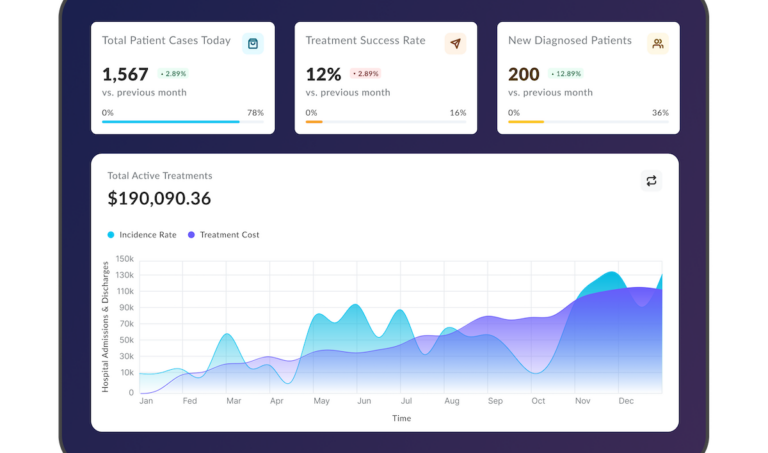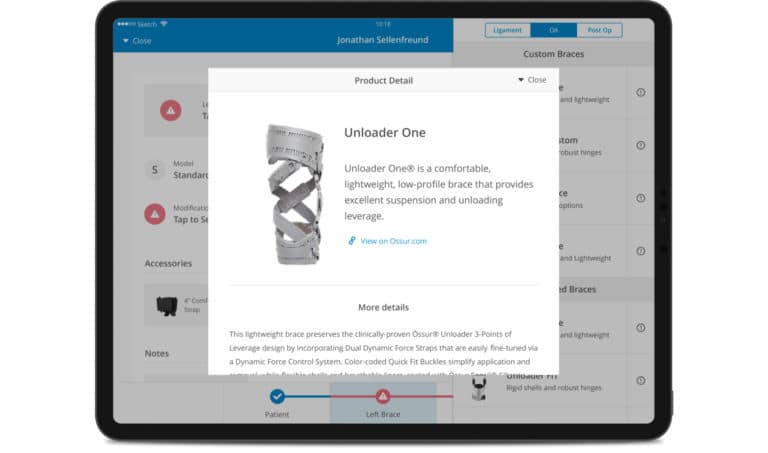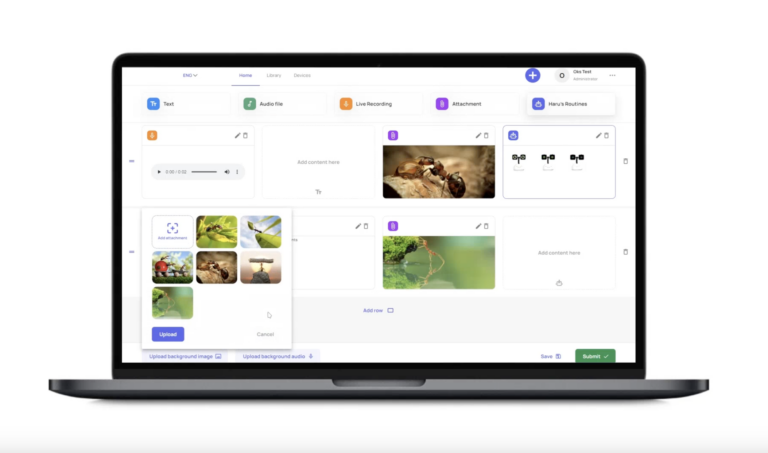Will AI Replace Programmers: Not Quite, Yet a New Evolution Awaits
Updated: May 2, 2025
Will AI replace programmers in 10 years, and will it happen at all? The answer isn’t just a clear yes or no. Although AI is becoming integral to product development, this does not necessarily mean human programmers are becoming obsolete. The McKinsey Global Institute is optimistic, with AI anticipated to create 9 million new jobs in the United States by 2030. It has also unlocked new roles such as ML-Ops engineers, AI product managers, and hybrid cloud architects.
Simply put, programmers’ jobs aren’t going anywhere. Wherever there’s software, there will be a need for employees who can code, regardless of AI’s presence. But how will the future of coding look with AI? Will AI replace developers in any way? And how will AI and human developers affect each other?

We provide companies with senior tech talent and product development expertise to build world-class software. Let's talk about how we can help you.
Contact usTable of Contents
The disruptive role of AI in programming
Soon after its introduction, AI proved its potential. It moved from basic text outputs to more advanced tasks that challenge traditional development workflows. The rise of generative AI changed how teams approach coding. Developers now evaluate where automation helps and where human insight remains essential.
How AI assists programmers today
Based on Relevant Software expertise, AI now does more than complete code. It influences hiring decisions, delivery methods, and the core skills software teams need. As AI tools begin to handle repetitive development work, companies expect engineers to review AI-generated code, confirm accuracy, and connect it with larger systems.
According to Forbes, this shift increases demand for professionals who understand system design, structured thinking, and responsible AI oversight. Business Insider notes that hiring priorities now favor candidates who can collaborate with AI, rather than those who only write syntax from scratch. This marks a new phase in web development—one where software engineers lead, audit, and refine AI output rather than compete with it.
The capabilities of AI for programmers focus on three primary areas: code automation and generation, bug detection and resolution, and predictive analysis.
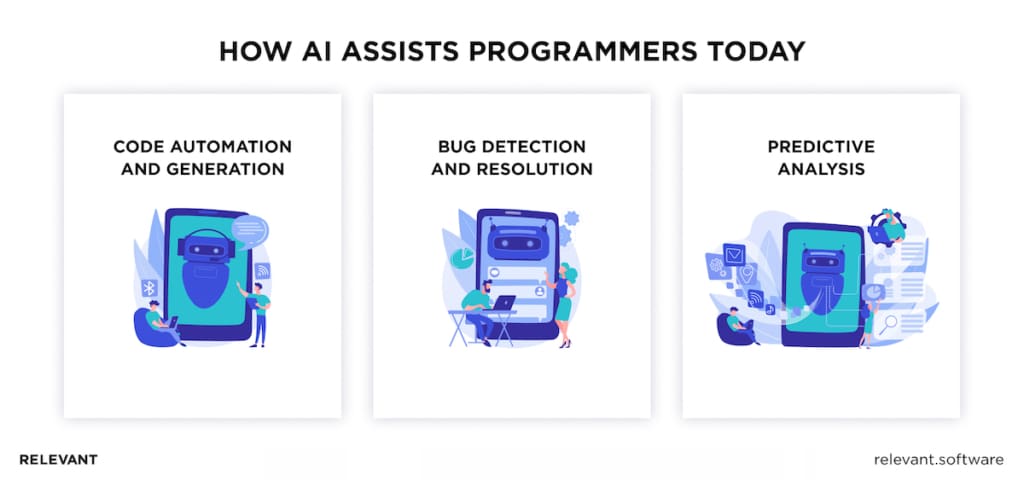
Code automation and generation
AI tools, including those powered by machine learning algorithms, now create code snippets and entire modules based on high-level prompts or requirements. This ability reduces the time teams spend on manual tasks and shifts their focus toward design, performance, and usability.
Bug detection and resolution
Advanced platforms scan code for logical errors, security flaws, and unstable structures. In many cases, they recommend or apply corrections directly. These tools improve overall reliability and reduce the risk of failures in production environments, especially in complex systems managed by senior developers with many years of experience.
Predictive analysis
AI supports early-stage forecasting by flagging risks in new features or architecture decisions. It analyzes patterns and dependencies to help teams anticipate bottlenecks and prioritize fixes. For many organizations, this capability strengthens planning and shortens the feedback loop during development cycles.
Examples of AI tools in programming by developer adoption
Many AI tools for programmers have become integral to the software development process, assisting developers across all experience levels. These platforms support learning, reduce manual work, and enhance delivery speed. While numerous tools exist, the following three stand out for their utility and widespread developer adoption:
1. ChatGPT (OpenAI)
Used by 69% of developers for programming tasks, with 49% reporting regular use. ChatGPT helps translate natural language into code, solve bugs, and explain new concepts. It fits both early prototyping and code reviews.
2. GitHub Copilot
Adopted by 40% of developers, with 26% using it in daily work. Copilot integrates directly into IDEs like Visual Studio Code and provides real-time suggestions that align with your coding context. Many teams now treat it as a default assistant for routine development.
3. Tabnine
Favored by developers who prioritize code privacy or prefer local deployments. Tabnine supports multiple languages and offers completions trained on custom codebases. This flexibility makes it a top choice for enterprise-grade environments.
4. Amazon CodeWhisperer
Chosen by teams building inside the AWS ecosystem. CodeWhisperer supports cloud-first development by suggesting infrastructure code, IAM policies, and serverless logic in real-time.
5. Sourcegraph Cody
Valued for its ability to understand large and legacy codebases. Cody reads the full repository and answers technical questions with project-specific context, which helps teams reduce onboarding time and avoid documentation gaps.
According to the 2024 Stack Overflow Developer Survey, 76% of developers are using or planning to use AI tools in their development process, up from 70% the previous year. McKinsey’s research indicates that organizations regularly using generative AI have nearly doubled from the previous year, with 65% reporting usage in at least one business function.
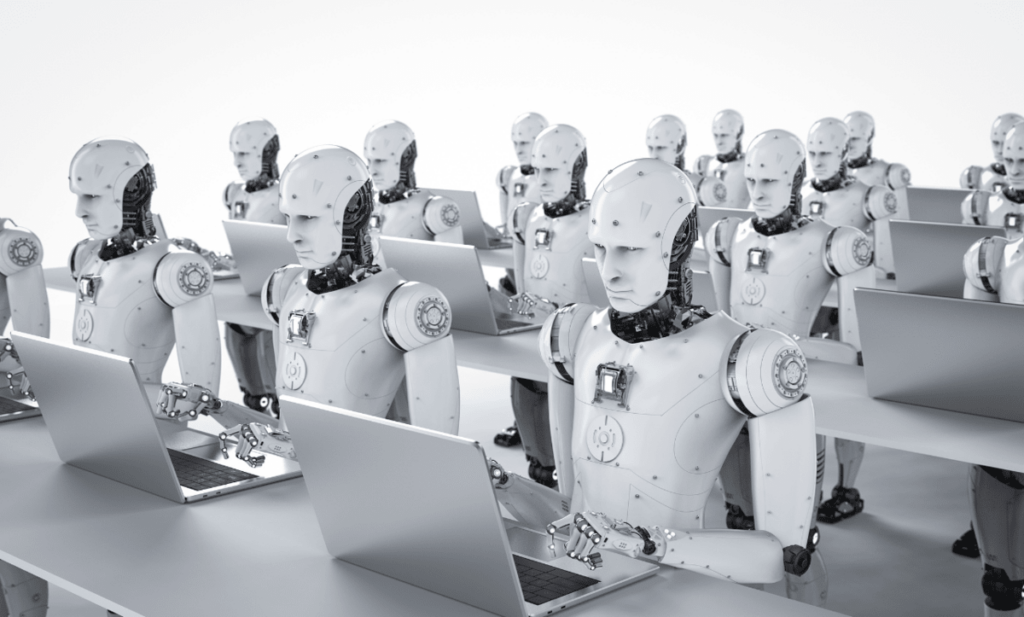
The limitations of AI in programming
As the field advances, many in the industry ask whether “Will AI replace programmers” is becoming a near-term reality. Despite progress, current tools still face several major limitations.
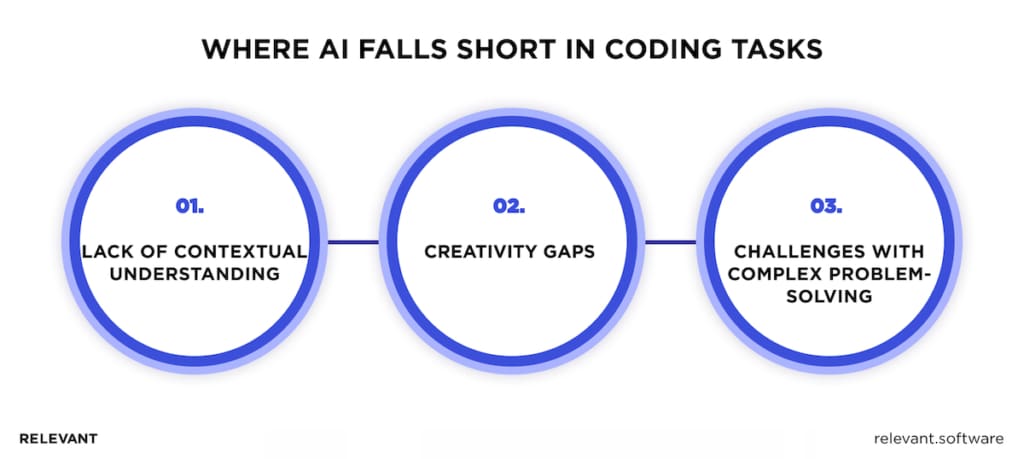
Lack of Contextual Understanding
AI struggles with nuance. While it can generate or refactor code, it often fails to grasp the broader context. A function may work in isolation, but without an understanding of business goals, user behavior, or long-term system impact, the output may fall short. Human developers still lead when the problem requires judgment or subtle trade-offs.
Creativity Gaps
Programming involves more than execution. It demands invention. While AI for programmers uses historical data to suggest patterns, it cannot create novel ideas or introduce truly original solutions. It works well when the goal is clear, but it cannot invent new frameworks or define intuitive UX without human input. The creative spark still belongs to the engineer.
Challenges with Complex Problem-Solving
AI tools excel at solving structured tasks but often fail when projects become non-linear or unpredictable. Complex architecture decisions, performance trade-offs, or strategic refactors require reasoning that goes beyond pattern matching. Developers think ahead, weigh options, and solve through experience—AI lacks this instinct.
The impact of AI on the programming profession
Artificial intelligence has already begun to reshape software development. It supports the automation of routine tasks, improves code quality, and raises overall productivity. Still, the core question remains: will AI replace programmers, or will it empower them?
The reality points to transformation, not elimination. AI serves as an intelligent assistant that helps developers code faster, detect errors earlier, and focus on architectural decisions. It does not remove the need for experienced engineers. It strengthens their ability to deliver better results with less overhead.
AI as a tool for enhancing productivity
Search trends show rising interest in the question, “Will AI replace programmers?” The concern is valid, but most evidence suggests a shift in how developers work, not a loss of roles. AI improves workflows, saves time, and reduces manual coding, but still relies on human review, system design, and final decision-making.
| Feature | Description |
| Streamlined task execution | Automates routine coding tasks and allows developers to focus on complex logic and architecture. |
| Accurate debugging and code review | Identifies bugs and code issues earlier, improving stability and reducing time spent on fixes. |
| Natural language to code translation | Converts written instructions into code, making development more accessible to non-technical users. |
| Bias and ethics detection | Reviews code for bias, promoting fairness, and supporting ethical software development. |
| Improved user experience | Enhances product responsiveness by adapting to user behavior in real time. |
| Support for new programming paradigms | Drives the creation of AI-optimized languages and tools built for intelligent development flows. |
| Predictive insights for code quality | Uses data to forecast technical debt, performance bottlenecks, or optimization opportunities. |
| Industry-wide application growth | Extends AI-driven tools into healthcare, finance, logistics, and other high-stakes sectors. |
Job displacement vs. job evolution: Will AI replace software engineers?
The question “Will AI replace programmers?” sits at the center of every discussion about automation in tech. Developers wonder if the tools they use today might take over their work tomorrow. But the reality shows a different trend. AI improves delivery speed, increases consistency, and supports complex builds, but it does not remove the need for skilled engineers.
The rise of generative AI has already changed the software development process. Teams now complete common tasks in seconds. With help from large language models, AI performs code generation based on short prompts, documentation, or test cases. These features save time, especially for startups and teams under pressure.
Still, AI cannot manage complexity alone. A software engineer brings context, creativity, and architecture awareness, none of which AI tools understand. Many tasks require years of experience, domain knowledge, and trade-off decisions that only a human developer can make. AI helps speed up routines, but it lacks judgment.
So, will AI replace developers? No. AI needs people who can audit, direct, and refine its output. Developers who embrace this shift move into more strategic roles. They review AI suggestions, protect against bias, and ensure business alignment. These skills matter more now than ever.
Some fear AI replacing coders in junior-level jobs. That shift has already started. Repetitive work no longer needs as many hands. But new roles continue to appear—prompt engineers, AI ethicists, model testers—positions that didn’t exist five years ago.
Even though AI writing code is common today, it doesn’t mean full automation. Developers still lead every product cycle. They connect systems, plan features, and manage real-world constraints. AI adds value, but it cannot replace people.
So, will AI eliminate coding jobs? It will reduce low-skill demand. But it will also create demand for a different kind of engineer, someone who thinks critically, solves systems problems, and uses AI as a tool, not a threat. In this new environment, engineers evolve from builders into architects.
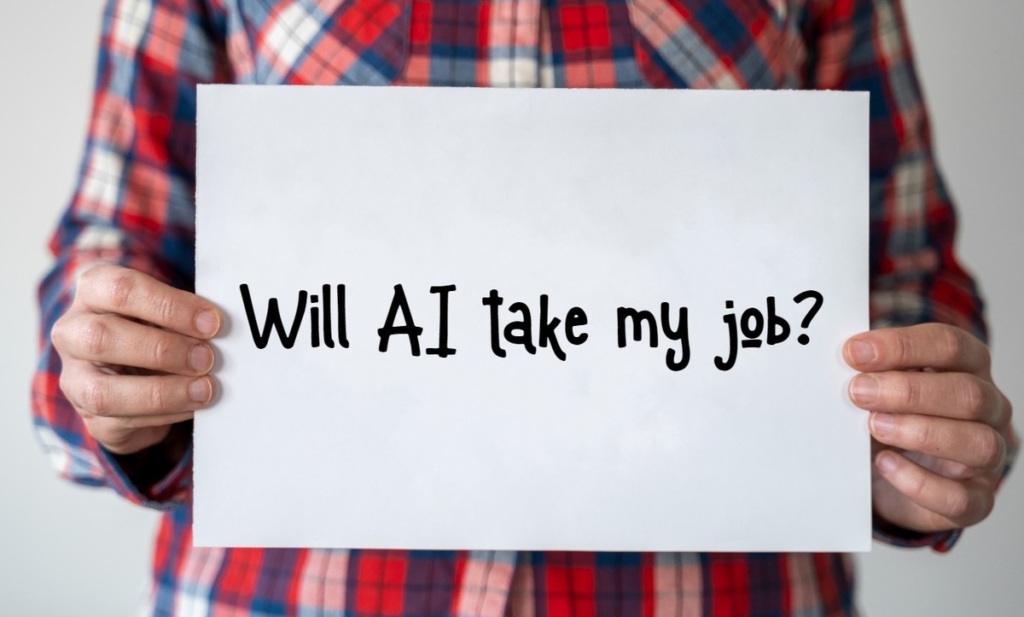
Will AI replace programmers: industry and expert opinions
The question “Will AI replace programmers” keeps coming up, especially as tools like ChatGPT and GitHub Copilot become part of daily development workflows. But before jumping to conclusions, it’s worth asking: is AI replacing programmers, or is it changing how programming works?
Recent research helps draw the line.
According to a McKinsey & Company report, as much as 80% of programming work will still require human input, even as AI automates more tasks. The report highlights the need for developers to upskill and take on responsibilities that machines can’t handle, such as architecture planning, ethical decisions, and long-term system thinking.
At the same time, a Gartner forecast suggests that AI won’t shrink the tech workforce—it may grow it. By 2025, they expect AI to create more jobs than it eliminates, especially in areas like AI development services, systems design and applied machine learning. This shift is already increasing demand for experienced AI programmers who know how to build and guide intelligent systems.
So, will AI replacing programmers become a real concern? The Relevant Software experts don’t think so, and neither do many of the industry’s most trusted voices.
Satya Nadella, CEO of Microsoft: “AI won’t replace programmers, but it will become an essential tool in their arsenal. It’s about empowering humans to do more, not do less.”
Grady Booch, Software Engineering Icon: “AI is going to fundamentally change what it means to be a programmer. It won’t eliminate programmers, but it will require them to develop new skills and work in new ways.”
Jeff Dean, Google Senior Fellow and SVP for Google Research and AI: “AI can be a powerful tool for programmers, assisting them in writing better code and accelerating development cycles. Is AI replacing programmers? No, because it still lacks creativity and problem-solving skills.”
Case study: how we helped AstraZeneca cut data prep time by 40% with AI
AI isn’t here to replace professionals but to help them move faster and make better decisions. That’s exactly confirmed by one of Relevant Software’s clients, AstraZeneca. Their medical affairs teams manage thousands of reports, notes, and engagement summaries. These documents are essential for Medical Science Liaisons (MSLs) to stay aligned with healthcare professionals. However, reviewing them manually was time-consuming and often delayed important decisions.
To solve this, AstraZeneca partnered with Relevant Software to build a custom AI system. Its job: analyze real-time CRM data, highlight key information, and turn it into clear, useful insights for MSLs. With this solution, the team cut their data prep time by 40%, giving them more time to focus on strategy and patient outcomes.
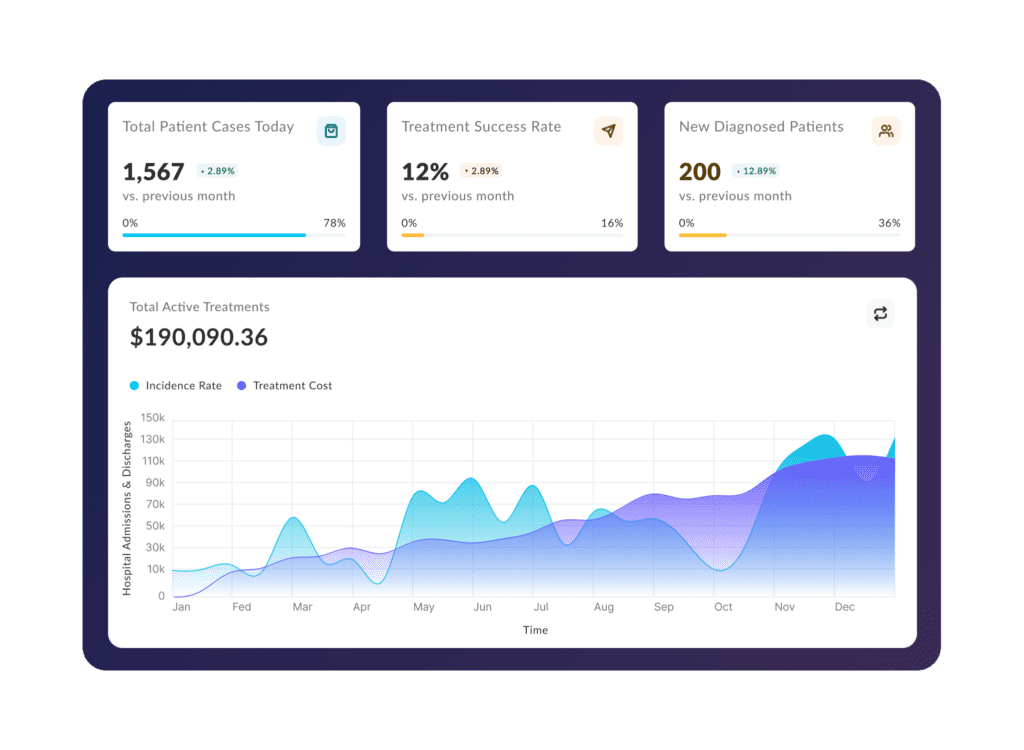
But this wasn’t off-the-shelf software. It was a secure, fully custom solution built from the ground up. Relevant Software engineers designed the architecture, fine-tuned AI models, and ensured full compliance with healthcare regulations like HIPAA and GDPR. The system runs on secure infrastructure, protects sensitive data with strict access rules, and supports audit-ready reporting.
Will AI replace programmers: Bottomline
The question “Is AI going to replace programmers?” keeps resurfacing, but the answer remains the same: not in the way many assume. While AI now handles code generation, testing, and even documentation, it still depends on human direction, oversight, and critical thinking to produce anything meaningful at scale.
Across the industry, programmers are using AI tools not to hand off responsibility, but to extend what they can accomplish. These tools reduce the time spent on basic tasks and open the door for a deeper focus on architecture, system performance, and user experience, areas where human insight still drives the most value.
Looking ahead, AI’s role in programming will continue to grow in both breadth and complexity. It will shape workflows, speed up releases, and support faster iterations, but it won’t remove the need for software engineers who can interpret context, set priorities, and take responsibility for the end result.
AI is not replacing developers. It’s changing what their work looks like and raising the bar for what great, dedicated development teams can do.
Looking to move faster, build smarter, and stay ahead of the curve? Get in touch to see how we can make it happen.
Our core services:
Do you want a price estimate for your project?
Do you know that we helped 200+ companies build web/mobile apps and scale dev teams?
Let's talk about your engineering needs.
Write to us